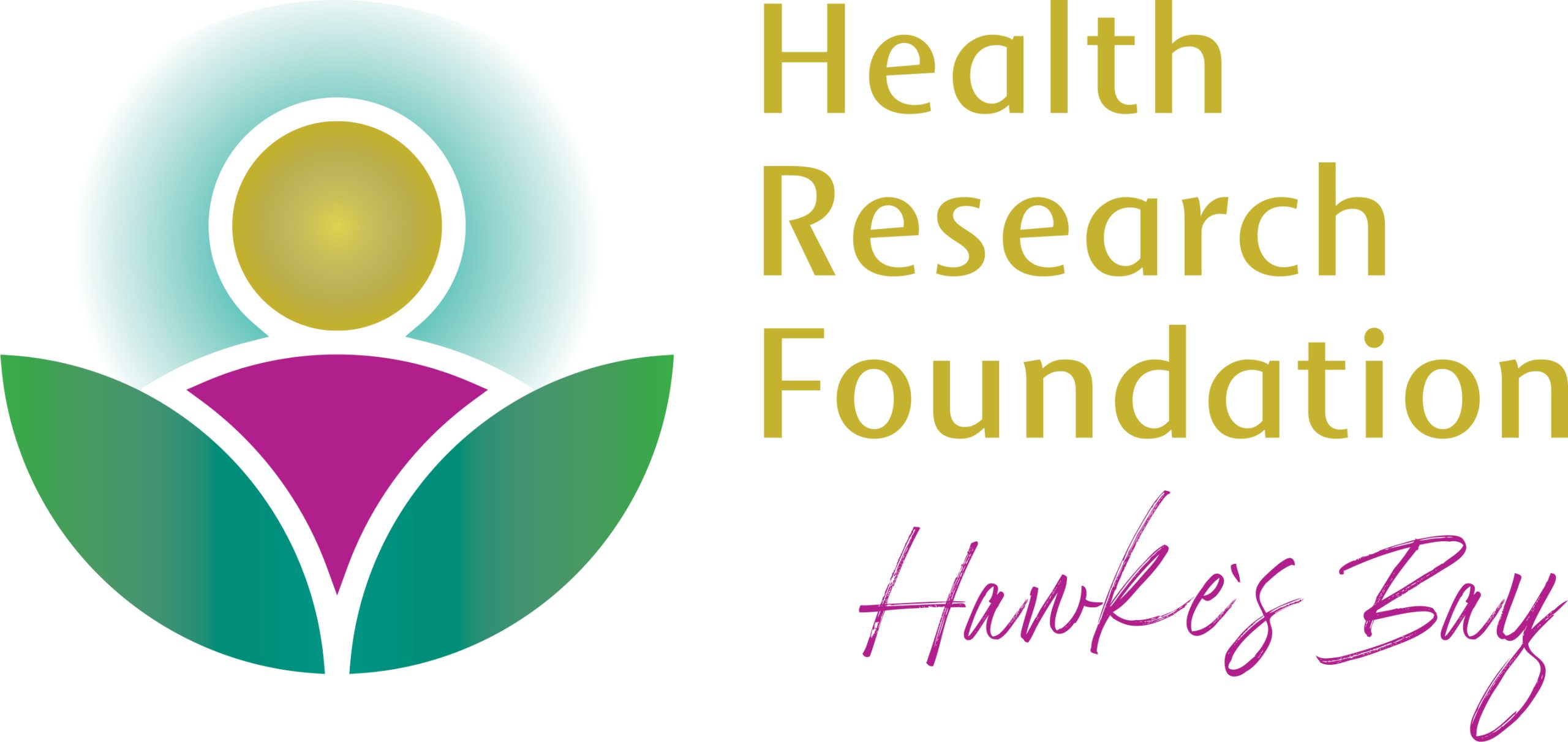Back to Sleep
New Zealand has one of the highest rates of cot death or Sudden Infant Death Syndrome (SIDS) in the world. The Foundation’s support allowed Hawke’s Bay to participate in a three-year national study (primarily funded by Health Research Council), which led to world-wide change on the best way to sleep newborns.
The research relied on the willingness of parents, who had lost their babies to sudden unexpected death, to openly share information with a small and dedicated team of medical professionals led by Dr David Barry.
Parents were interviewed in the early days following the loss of their baby.
For every baby who died, three families with babies born of a similar age were also interviewed.
Gathering the information was local Plunket nurse Joan Sye, who remembers how gracious every parent was at a time when their grief was raw and all they wanted to know was, why?


“Every parent who was approached to participate opened their home, willing to talk and to answer personal and important questions. In a way we were also giving them hope, where they were helping others.”
The project was incredibly rewarding with early findings so compelling that the New Zealand public was informed of these discoveries just a year into the three-year study.
Every parent who was approached to participate opened their home, willing to talk and to answer personal and important questions. In a way we were also giving them hope, where they were helping others.
“As a Plunket nurse supporting new mums every day, I remember feeling that this research was going to help make a difference. I knew that the changes we were recommending were steps every parent could take,” Joan says.
“Within a week we had gone from sleeping babies on their tummies, or alternative sides, to advising parents to putting them on backs. Today, this is now widely known and accepted as the best and safest way to sleep our babies. We were helping parents to make changes that could save a baby’s life”
The research also highlighted the risks associated with smoking in the home, bed sharing and breastfeeding. These results led to a major prevention programme, which saw the rate of SIDS decrease dramatically.
“Within a week we had gone from sleeping babies on their tummies, or alternative sides, to advising parents to putting them on backs.”
The last 20 years have seen the dramatic reduction in the toll from Sudden Unexpected Death in Infancy (SUDI) in New Zealand from 200 to 60 deaths per annum. The reduction in mortality stems largely from the recognition that placing babies to sleep on their backs reduced the risk of death, as was highlighted in the New Zealand case control study in 1992. It can be calculated that approximately 3000 infants have survived who would otherwise have died over these 20 years.

